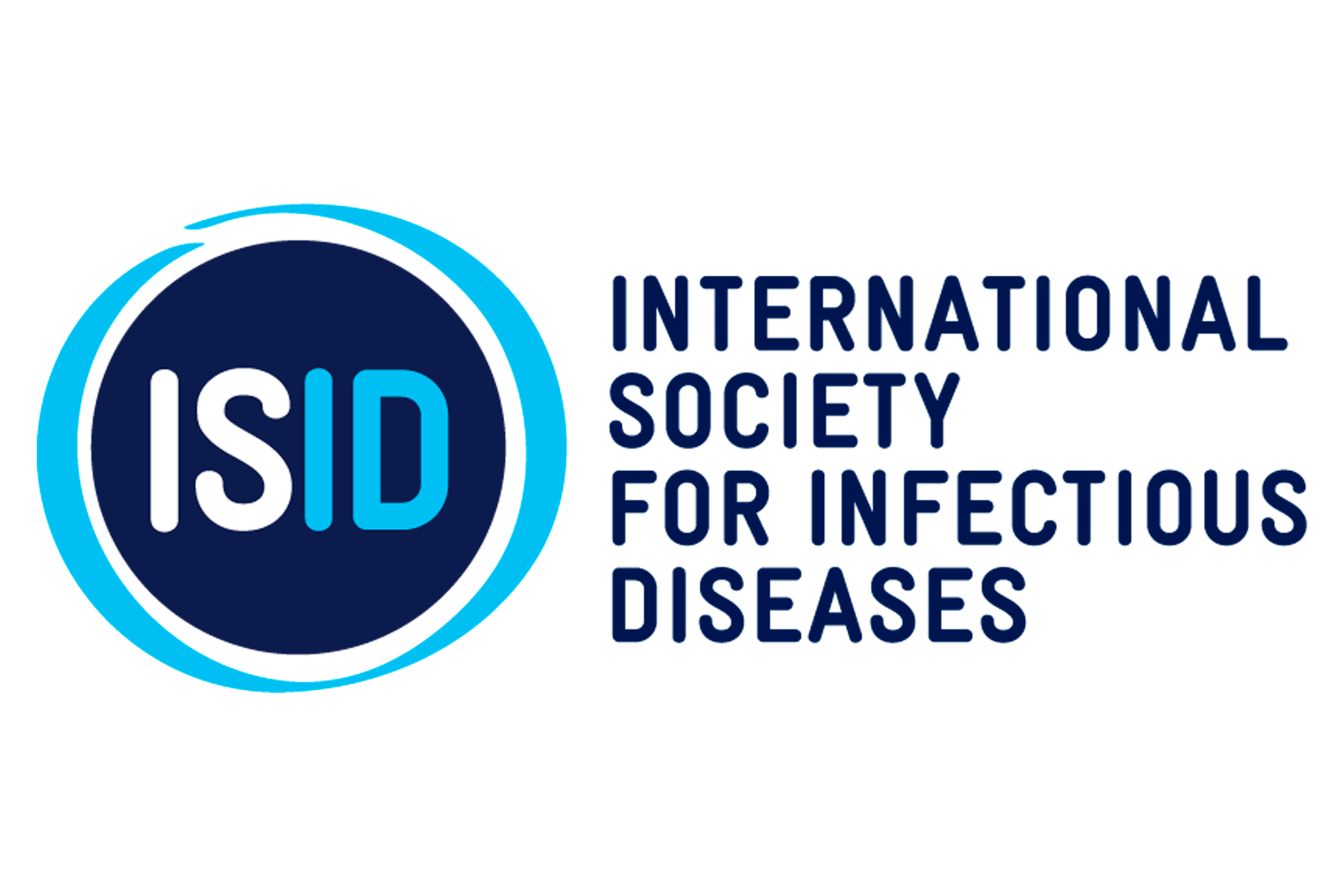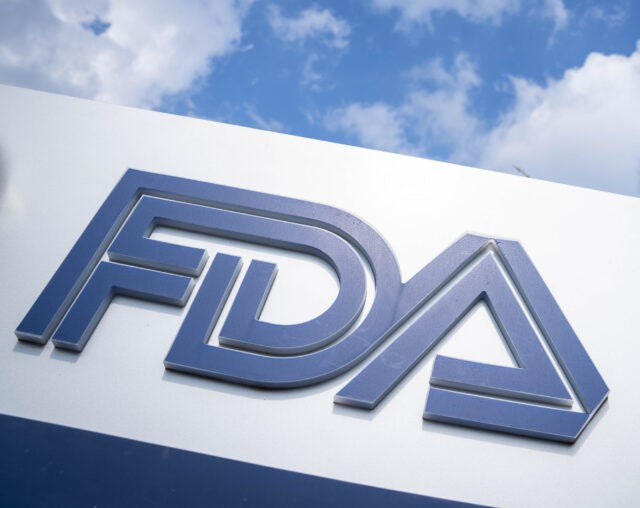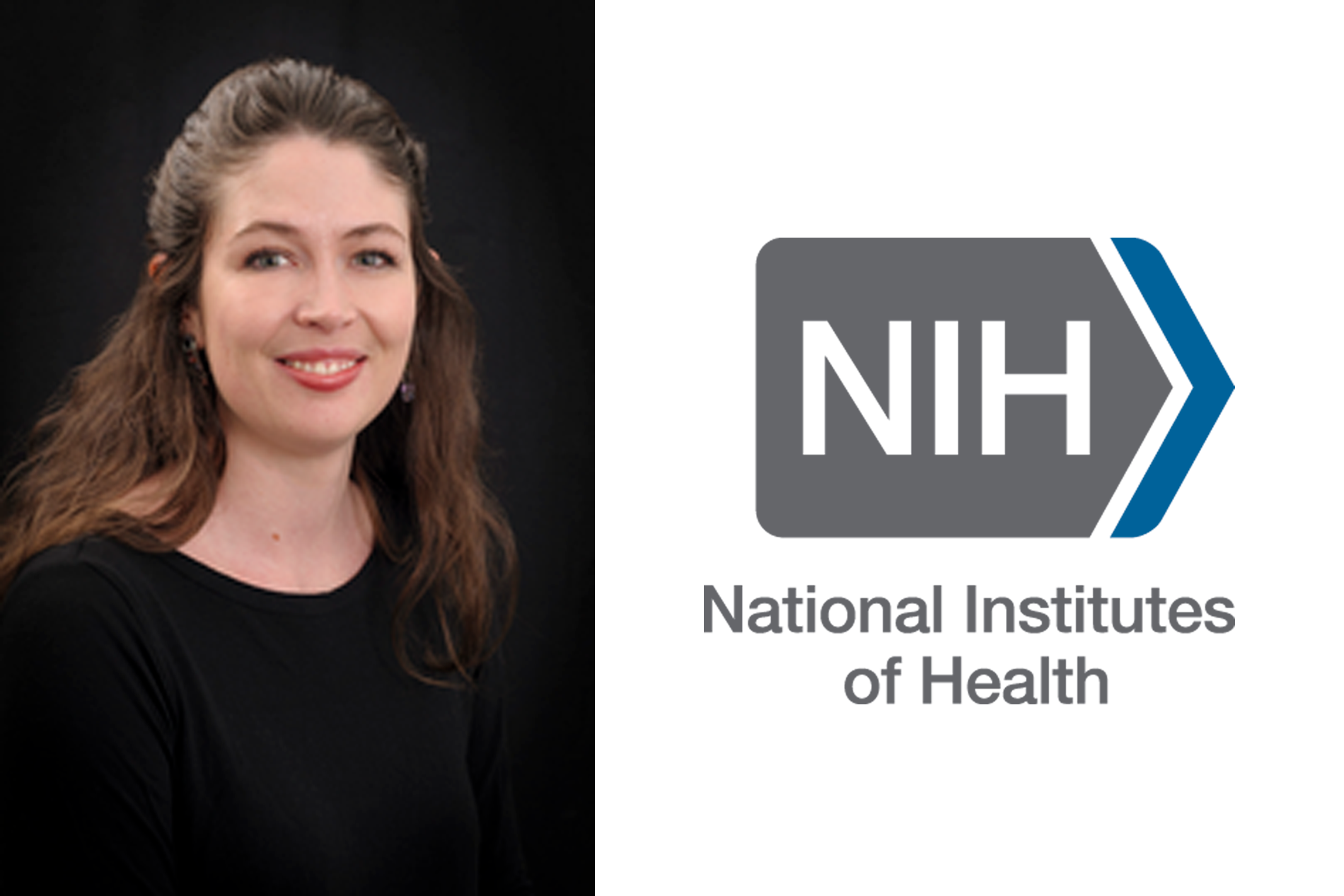
BrioHOCl™ Presents at the 18th International Congress on Infectious Diseases
Briotech is invited by the International Society for Infectious Diseases (ISID) to present their BrioHOCl™ prion formula at the 18th International Congress on Infectious Diseases (ICID) in Buenos Aires, Argentina.
This conference has a strong emphasis on the global burden of infectious diseases and we are proud to be attending and providing information on our unique HOCl formulations as an opportunity to challenge major issues with infectious diseases.
18th International Congress on Infectious Diseases
March 01, 2018
Purity and Stability of an Electrolytically-Generated Hypochlorous Acid For Infectious Disease Control
Abstract
Infectious proteins (prions) responsible for transmissible neurodegenerative diseases are notoriously resistant to conventional decontamination measures. However, we recently demonstrated that hypochlorous acid (HOCl), generated electrolytically, could bring about high-level inactivation of prions associated with hamster and sheep scrapie, Creutzfeldt Jakob Disease, chronic wasting disease, and bovine spongiform encephalopathy in short exposure times. For the full potential of this form of HOCl to be realized in infectious disease control, practical considerations arise with respect to the stability, storage, and manufacturability of the product.
We prepared HOCl using a single proprietary manufacturing equipment module capable of generating 45,000 L per day, and examined the capacity of the solution to retain its chemical and antimicrobial properties after prolonged storage under accelerated ageing conditions. We hypothesized that the purity of our HOCl solution may allow for stability at ambient and elevated temperatures, and conservation of its original anti-prion and antimicrobial activity. Test samples were characterized using Raman Spectroscopy, iodometric titrations, UV-visible spectrophotometry, pH and ORP measurements. We saw no detectable changes in oxidative Cl levels, ORP, or pH in HOCl solutions in glass containers at ambient temperature and 52ºC for 140 and 38 days, respectively.
After 30 days at 70ºC in glass, active Cl declined from 190 ppm to 151 ppm, but ORP remained constant, while the pH rose to 4.3. More rapid decay rates occurred insamples stored in HDPE containers. Inambient and heat-treated samples, Raman spectroscopy detected a single peakat 726 cm-1 corresponding to HOCl. Inactivation efficacy of prion proteins was determinedusing real-time quaking-induced conversion (RT-QuIC) assays. Seeding activity reductions of ≥2 logs occurred even with short HOCl treatments using preparations of moderate initial potency that were stored at both ambient and elevated temperatures.
These preparations also showed high levels of antimicrobial activity against microbes, including Bacillus subtilis spores and Pseudomonas aeruginosa. The findings open up prospects for wider use of HOCl for environmental disinfection and medical and dental instrument decontamination, and suggest that reliably stable and potent HOCl can be generated from large scale electrolytic production methods, and stored in glass for extended periods.
Lori Robins, Luis Contreras, Andrew Hughson, Byron Caughey, Dan Terry, and Jeff Williams
This conference has a strong emphasis on the global burden of infectious diseases and we are proud to be attending and providing information on our unique HOCl formulations as an opportunity to challenge major issues with infectious diseases.
18th International Congress on Infectious Diseases
March 01, 2018
Purity and Stability of an Electrolytically-Generated Hypochlorous Acid For Infectious Disease Control
Abstract
Infectious proteins (prions) responsible for transmissible neurodegenerative diseases are notoriously resistant to conventional decontamination measures. However, we recently demonstrated that hypochlorous acid (HOCl), generated electrolytically, could bring about high-level inactivation of prions associated with hamster and sheep scrapie, Creutzfeldt Jakob Disease, chronic wasting disease, and bovine spongiform encephalopathy in short exposure times. For the full potential of this form of HOCl to be realized in infectious disease control, practical considerations arise with respect to the stability, storage, and manufacturability of the product.
We prepared HOCl using a single proprietary manufacturing equipment module capable of generating 45,000 L per day, and examined the capacity of the solution to retain its chemical and antimicrobial properties after prolonged storage under accelerated ageing conditions. We hypothesized that the purity of our HOCl solution may allow for stability at ambient and elevated temperatures, and conservation of its original anti-prion and antimicrobial activity. Test samples were characterized using Raman Spectroscopy, iodometric titrations, UV-visible spectrophotometry, pH and ORP measurements. We saw no detectable changes in oxidative Cl levels, ORP, or pH in HOCl solutions in glass containers at ambient temperature and 52ºC for 140 and 38 days, respectively.
After 30 days at 70ºC in glass, active Cl declined from 190 ppm to 151 ppm, but ORP remained constant, while the pH rose to 4.3. More rapid decay rates occurred insamples stored in HDPE containers. Inambient and heat-treated samples, Raman spectroscopy detected a single peakat 726 cm-1 corresponding to HOCl. Inactivation efficacy of prion proteins was determinedusing real-time quaking-induced conversion (RT-QuIC) assays. Seeding activity reductions of ≥2 logs occurred even with short HOCl treatments using preparations of moderate initial potency that were stored at both ambient and elevated temperatures.
These preparations also showed high levels of antimicrobial activity against microbes, including Bacillus subtilis spores and Pseudomonas aeruginosa. The findings open up prospects for wider use of HOCl for environmental disinfection and medical and dental instrument decontamination, and suggest that reliably stable and potent HOCl can be generated from large scale electrolytic production methods, and stored in glass for extended periods.
Lori Robins, Luis Contreras, Andrew Hughson, Byron Caughey, Dan Terry, and Jeff Williams


